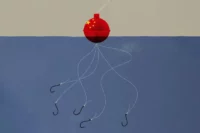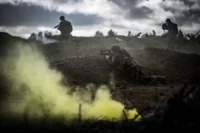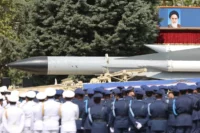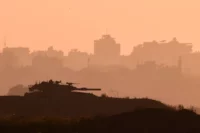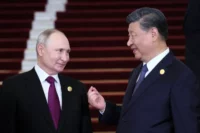
The Delusion of Peak China
Ever since Chinese President Xi Jinping secured his third term in power in the fall of 2022, he has had a rough time. Shortly after his reappointment, street protests pushed him to abruptly abandon his signature “zero COVID” policy. After a quick reopening bump in early 2023, the economy has progressively slowed, revealing both cyclical and structural challenges. Investors are leaving in droves, with foreign direct investment and portfolio flows reaching record lows. Meanwhile, Xi has fired his handpicked minsters for defense and foreign affairs in the wake of allegations of corruption and worse. His military bungled its balloon intelligence-collection program, precipitating an unwanted crisis after a stray balloon floated over the continental United States for days in early 2023.… Seguir leyendo »


